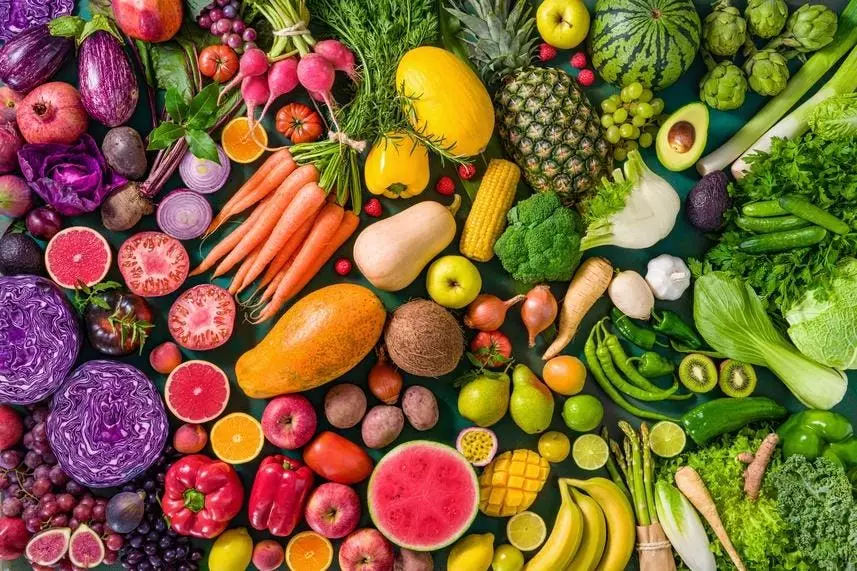Access to fresh fruits and vegetables has long been hailed as a cornerstone of a balanced diet. These natural foods are packed with essential nutrients, including vitamins, minerals, and dietary fiber, contributing significantly to overall health. In contemporary society, various technologies work in tandem to ensure that these foods remain readily available throughout the year. Innovations such as refrigeration, controlled atmosphere storage, and sophisticated transport mechanisms have revolutionized the way we access and consume fresh produce. Additionally, the popularity of convenience-oriented products like pre-washed salad greens and easy-peel fruits has made healthy eating more accessible than ever.
However, our journey toward a healthier diet does not stop at mere availability. The food industry is witnessing groundbreaking innovations aimed at improving not only the quality of produce but also the ease with which consumers can incorporate these foods into their daily diets. With advancements in genome editing and high-tech cultivation methods, new crops are emerging that promise to enrich our nutrition while being adaptable to modern living.
Among the innovative products making waves in the market is a recently domesticated crop derived from the wild plant known as Duckweed, scientifically referred to as Wolffia. Unlike traditional crops, Duckweed distinguishes itself with its tiny, spherical form—measuring only about one millimeter in diameter. Israel-based GreenOnyx has recognized the potential of this unique plant and developed a vertical farming system to produce it. Marketed under the brand name Wanna Greens, Duckweed is poised to enter the U.S. market, offering an exciting option for health-conscious consumers.
The nutritional profile of Wanna Greens is impressive, boasting a high concentration of protein, dietary fiber, antioxidants, and even vitamin B-12—nutrients typically sourced from animal products. This presents an excellent opportunity for those following plant-based diets, while simultaneously providing a palatable option that could encourage children to explore new foods. Nutritionist Dr. Lauren Kaufman has praised Wanna Greens for their potential as a “gateway vegetable,” making it easier for kids to embrace healthy eating habits by integrating them into familiar meals.
Bringing the Garden Indoors: The Lettuce Grow Revolution
While innovative crops like Duckweed represent a leap forward, the trend towards enhancing accessibility in home gardening is gaining momentum as well. For many people, the prospect of gardening can be intimidating; the trial and error of seed germination, coupled with concerns about pests, often discourage potential gardeners. To counter this apprehension, Jacob Pechenik co-founded Lettuce Grow in 2019, aiming to democratize the gardening experience. Their latest initiative involves launching an easy-to-use indoor gardening system available at select Costco locations.
Lettuce Grow’s solution features small countertop planters and grow lights that allow consumers to cultivate their own micro-gardens with minimal effort. By retailing seedlings that are pre-grown and ready for transplanting, they enable users to enjoy a hassle-free gardening experience. The product range will include an array of popular vegetables and herbs, such as lettuce, spinach, basil, and more. With over 140,000 customers already participating in the Lettuce Grow community, the introduction of this indoor system promises to further enhance accessibility to home-grown produce.
As we observe the introduction of these innovative produce options, it’s clear that both Duckweed and Lettuce Grow exemplify the growing trend towards convenience in healthy eating. They not only cater to the consumer’s desire for fresh, nutritious foods but also address the anxiety and guilt often associated with food waste. Providing a platform to grow and consume fresh produce reduces reliance on larger agricultural systems, giving consumers more control over their food sources.
While neither Duckweed nor Lettuce Grow presents a comprehensive solution to global food shortages, they embody steps toward improving dietary health in enjoyable and accessible ways. This new paradigm of food innovation encourages better eating habits while fostering a deeper connection to our food sources, paving the way for a healthier future for everyone. Through collaboration between technology and nutrition, we stand on the brink of an exciting transformation in how we perceive and access fresh produce, one that prioritizes both convenience and health.


Napsat komentář